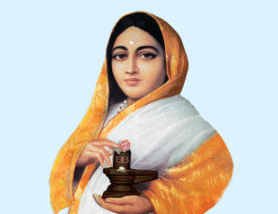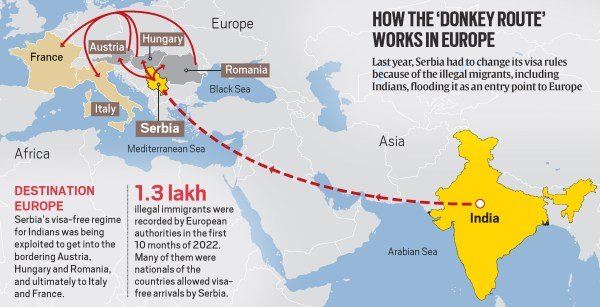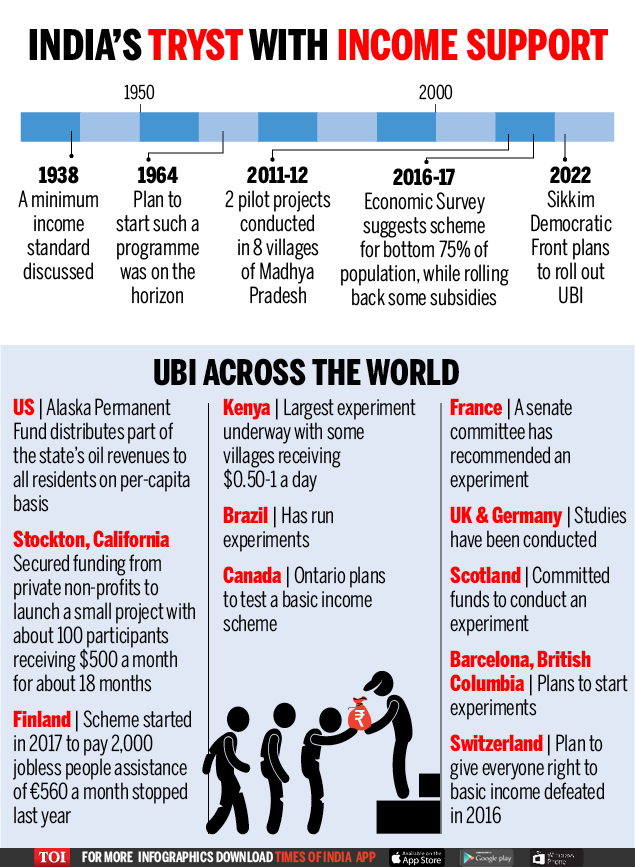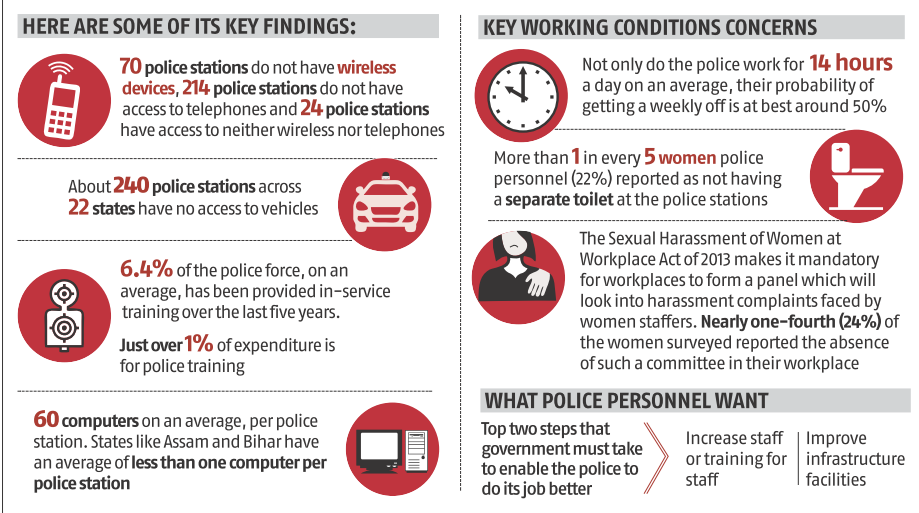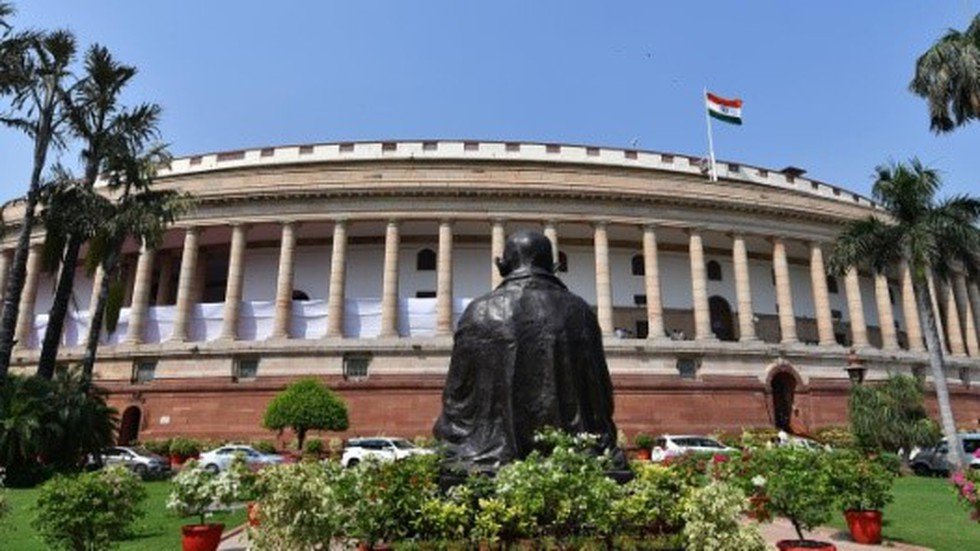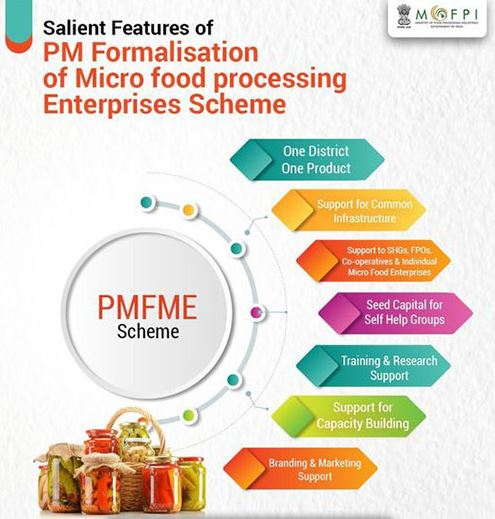
Renaming districts | Ahilyabai Holkar
Subscribers of "Current Affairs" course can Download Daily Current Affairs in PDF/DOC
Subscribe to Never Miss an Important Update! Assured Discounts on New Products!
Must Join PMF IAS Telegram Channel & PMF IAS History Telegram Channel
- Context (IE | IE): Maharashtra Cabinet renames Ahmednagar as Ahilyanagar and Velha tehsil as Rajgad.
- Ahmednagar will be renamed after Ahilyabai Holkar, a queen of the Maratha empire.
- Velha, the first capital of the Maratha Empire under Shivaji, will be renamed Rajgad.
- This decision follows the renaming of Aurangabad and Osmanabad as Chhatrapati Sambhaji Nagar and Dharashiv, respectively.
|
Process for Renaming a City
- A request for renaming a city in the form of a resolution must be raised by any Member of the Legislative Assembly (MLA).
- The resolution will be deliberated upon in the State Assembly.
- Then, the resolution will be put to vote, and the resolution must be passed by a simple majority.
- The resolution as a proposal is submitted to the Ministry of Home Affairs.
- The Ministry considers the proposal and consults with other state agencies.
- The agencies from whom the approval is required are the Ministry of Railways, Intelligence Bureau, Department of Posts, Survey of India, and Registrar General of India.
- A ‘No Objection’ certificate is issued by the Ministry if the proposal is approved by the Ministry and all the agencies.
- After getting approval from the Ministry, the State Government can issue an official notification in the Gazette and the name of the city stands changed.




![PMF IAS Environment for UPSC 2022-23 [paperback] PMF IAS [Nov 30, 2021]…](https://pmfias.b-cdn.net/wp-content/uploads/2024/04/pmfiasenvironmentforupsc2022-23paperbackpmfiasnov302021.jpg)
